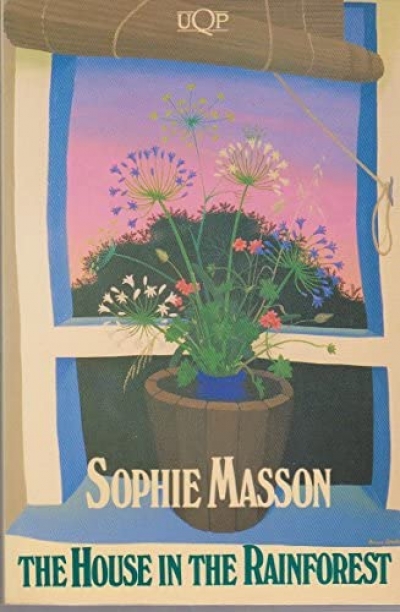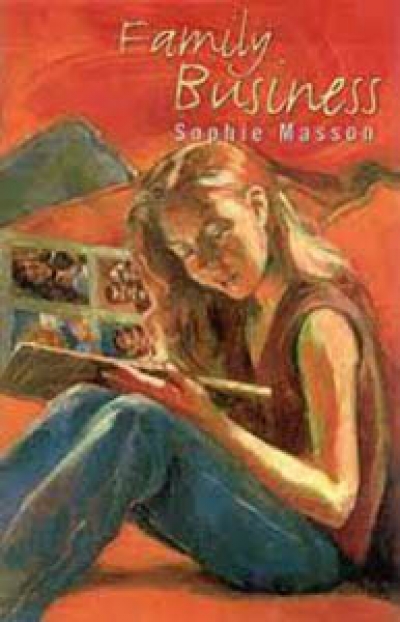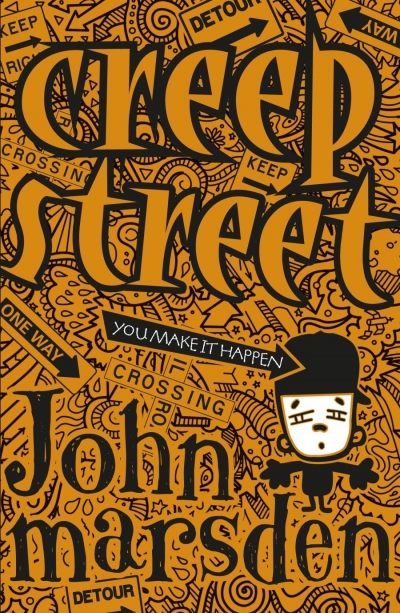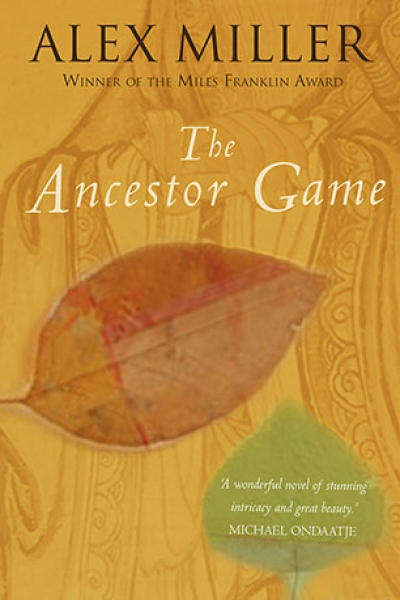Sophie Masson
Family Business by Sophie Masson & The Rented House by Phil Cummings
by Ruth Starke •
The French literary world was agog last year with the news of the awarding of two prestigious prizes, the Prix Goncourt and the Prix Medicis, to a novel called Le Testament Français, by a writer called André Makine. The unusual nature of the novel is that it was written in the most beautiful, yet freshly distinctive French by a man whose maternal tongue is not French at all, but Russian.
... (read more)From 1994 two letters to the editor published now for the first time ... The first letter, from Helen Demidenko, was offered for publication; the second, from B. Wongar author of Roki was marked ‘not for publication’.
... (read more)



